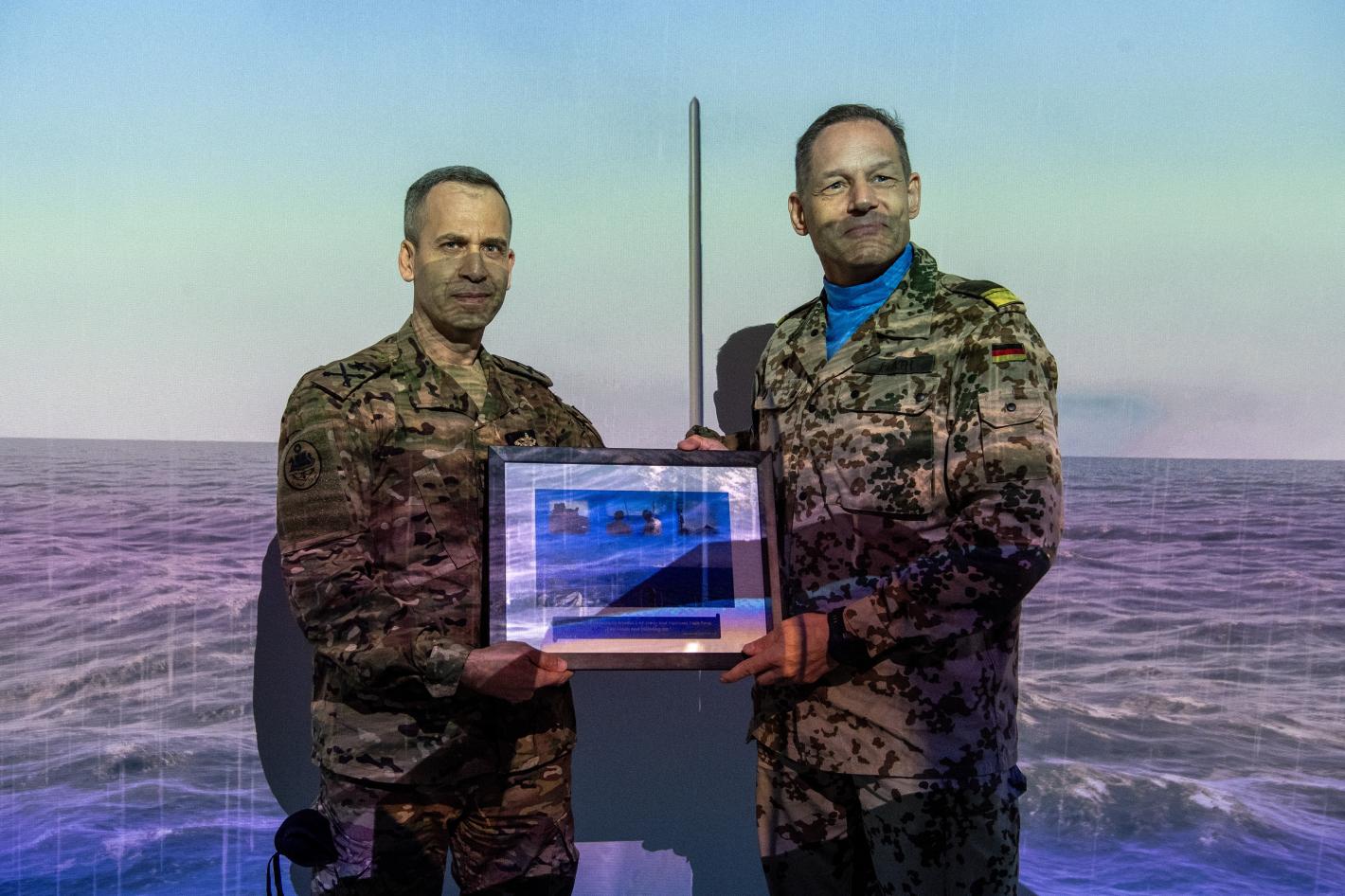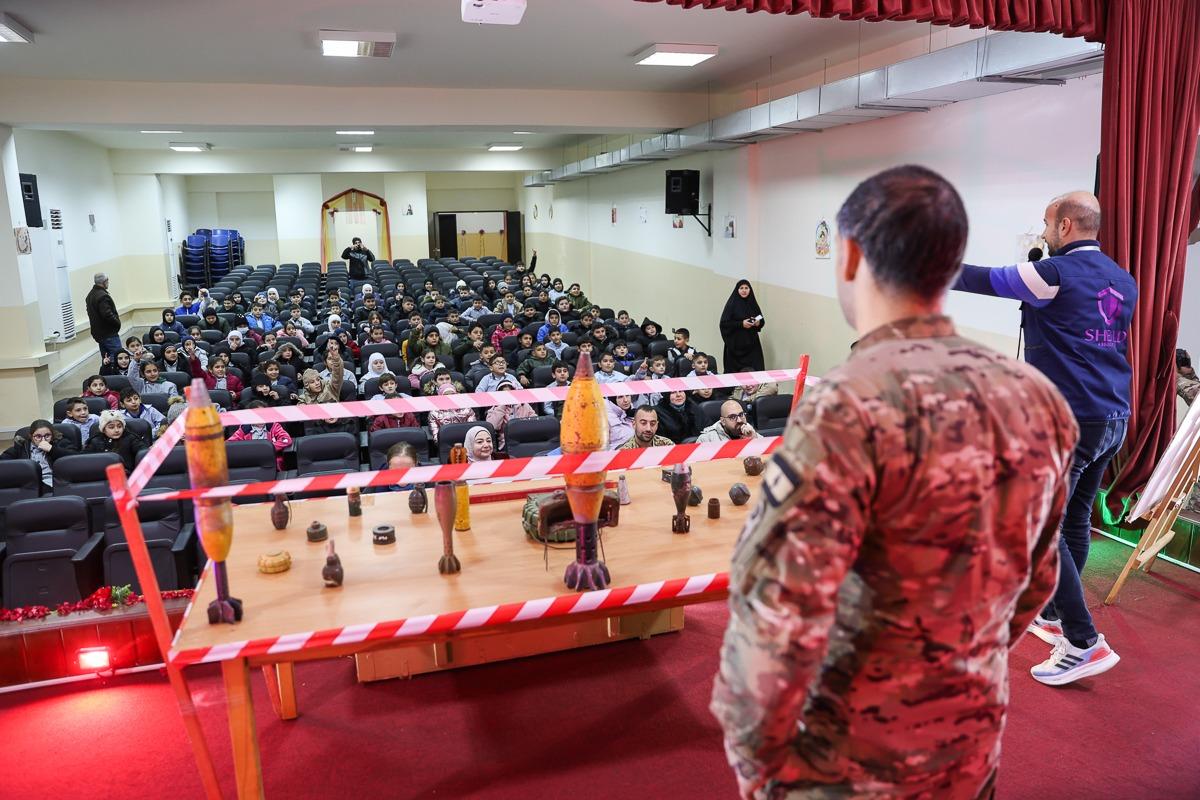The south-eastern Lebanese village of Blida, which straddles the Blue Line, has long been a flashpoint of the Lebanese-Israeli conflict.
Home to a dozen olive fields, some of which sprawl across both sides of the sensitive Blue Line, the village represents a perfect epitome of the confluence of local economy and peace. Lebanese farmers tending to their olive farms innocuously crossing the Blue Line on numerous occasions, especially during the autumn harvest seasons, has triggered tensions in the past. But not anymore.
Taking this into consideration, since 2008, UNIFIL has worked with the parties for a unique and localized solution in order for the local farmers to be able to harvest olives without fear.
On a recent morning, UNIFIL media team, accompanied by peacekeepers and the local Lebanese authorities, followed a farmer, Haj. Tarraf Tarraf, as he set out to harvest the precious fruit. This unique arrangement has been a norm after several incidents involving the Israel Defense Forces (IDF) apprehending Lebanese farmers who inadvertently crossed the Blue Line while working in the fields or harvesting.
“During the olive harvest season, whenever we come, we inform the Lebanese Army,” he said while removing died-out branches of his olive trees south of the Blue Line. “They send a patrol and UNIFIL is here 24/7, night and day; whenever we come to the land they are here.”
He added that without the intervention of UNIFIL and the Lebanese Armed Forces (LAF) that provides a safety net, the harvesting would not have been possible.
He however lamented that, in recent years, the lack of water for irrigation is resulting in the dwindling of olive harvests.
UNIFIL Civil Affairs Officer, Wael Chami, explains this localized and unique arrangement between UNIFIL, LAF and IDF.
“The presence of UNIFIL here is to ensure the safety of the farmers and no problems occurring,” he says. “Since some of these lands are south of the Blue Line an arrangement is reached with the agreement of everyone so that they can be able to harvest.”
This arrangement is activated every year during the “olive season,” between October and December.
The role of UNIFIL liaison branch, the only UNIFIL unit having a permanent presence on both sides of the 120-kilomtre Blue Line, is paramount in ensuring smooth harvest. The chief of UNIFIL Liaison Branch, Colonel Philippe Petrel, says the UNIFIL role is important for the inhabitants of Blida because it ensures “production and the source of revenues” for them.
He added that it’s the role of UNIFIL Liaison Branch to monitor both sides of the Blue Line especially during the olive season, “to be sure that the crossings are only permitted to harvest.”
“The roles of UNIFIL and LAF ensure a secure environment for both sides, and it’s very important to remember that we want to avoid any misunderstanding on the two sides,” Col. Petrel concluded.






